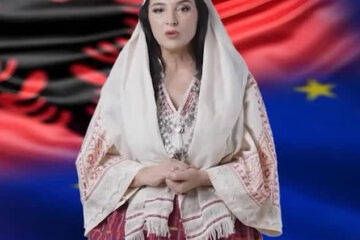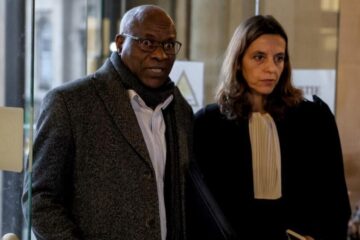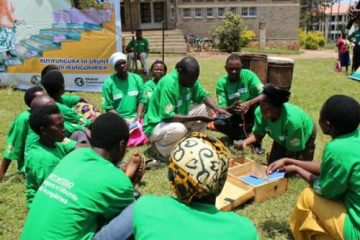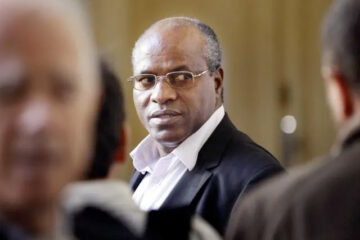The military-led government in Burkina Faso has officially dissolved the Independent National Electoral Commission (CENI), citing high operational costs and concerns over foreign influence.
The announcement was made by the Minister of Territorial Administration, Emile Zerbo, during a press briefing in Ouagadougou, following a decision by the Council of Ministers. Zerbo stated that the move aims to reinforce national sovereignty and streamline the electoral process under the direct oversight of the government.
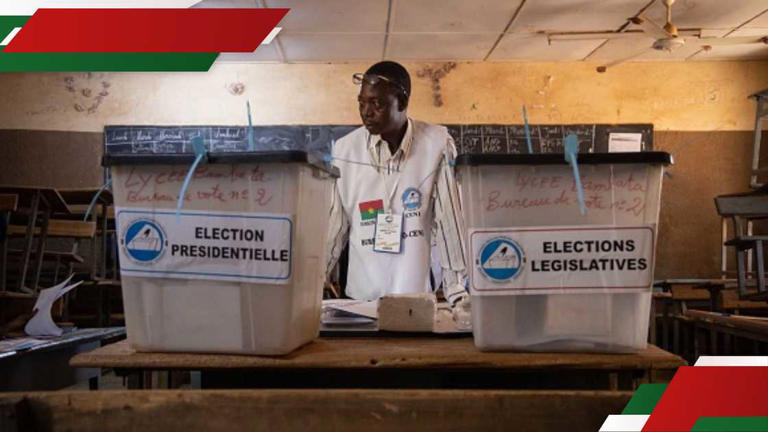
“Subsidized with nearly half a billion CFA francs, around $870,000 each year, it is budget intensive,” Zerbo said, according to state broadcaster RTB. “This change was necessary to reinforce our sovereign control of the electoral process and at the same time limit foreign influences.”
With CENI disbanded, the responsibility for organizing and managing elections will now shift to the Ministry of Territorial Administration and Security.
CENI, which had previously consisted of 15 members drawn from political parties and civil society groups, had served as the independent body responsible for overseeing elections in Burkina Faso for several years. Junta officials, however, argued that despite its stated independence, the commission’s structure made it vulnerable to external manipulation and misaligned with the current government’s national agenda.
This development comes amid broader institutional reforms introduced under the leadership of Captain Ibrahim Traoré, who assumed power in September 2022 following a coup that unseated Lieutenant Colonel Paul-Henri Damiba. Damiba himself had taken power through a military takeover just eight months earlier, citing the government’s failure to tackle a deadly jihadist insurgency.
Elections, initially planned for July 2024 as part of the country’s transition timetable, have since been postponed. In early 2024, the junta extended the transition period by five years, pushing the next vote to July 2029.
Under the revised transition charter, Captain Traoré is now eligible to run in future presidential, legislative, and municipal elections.
The government has not yet released detailed guidelines on how the Interior Ministry will manage upcoming electoral processes or how transparency and fairness will be ensured in the absence of an independent electoral commission.




